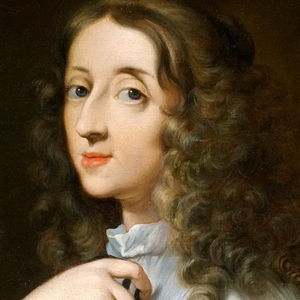Zhu Youlang(朱由榔) mbti kişilik türü
Kişilik
"Zhu Youlang(朱由榔) hangi kişilik türü? Zhu Youlang(朱由榔), MBTI, 6w5 - - 694 'de kişilik türüdür, , , büyük 5, ' dır."
Biyografi
The Yongli Emperor (simplified Chinese: 永历帝; traditional Chinese: 永曆帝; pinyin: Yǒnglì Dì; 1623–1662; reigned 24 December 1646 – 1 June 1662), personal name Zhu Youlang, was the fourth and last emperor of the Southern Ming dynasty, reigning in turbulent times when the former Ming dynasty was overthrown and the Manchu-led Qing dynasty progressively conquered the entire China proper. He led the remnants of the Ming loyalists with the assistance of peasant armies to resist the Qing forces in southwestern China, but he was then forced to exile to Toungoo Burma and eventually captured and executed by Wu Sangui in 1662. His era title "Yongli" means "perpetual calendar". Zhu Youlang was the son of Zhu Changying (朱常瀛), the seventh son of the Wanli Emperor, and Empress Dowager Ma. He inherited the title Prince of Gui (桂王) from his brother and lived an obscure life as a minor member of the Ming imperial family until the rebellions of peasant armies, which resulted to the fall of the imperial capital, Beijing, and the suicide of the last Ming emperor, Chongzhen, after the peasant rebel leader Li Zicheng captured Beijing in 1644. The true beneficiaries of the collapse of the Ming were the Qing dynasty, ruled by the emerging nation Manchus from Manchuria. After mass defection from Ming remnants, including a former Ming general, Wu Sangui, who allowed the Qing forces to pass the Ming Great Wall against Li Zicheng. The Qing forces defeated the peasant armies and rapidly expanded to northern China, the Lower Yangtze valley, and Central China. The Ming loyalists continued to resist in southern China, with several former Ming royal members regrouping in the south in attempt to re-establish the Ming governance, but all failed before the rapid Manchu military advance. Youlang ascended the throne in Zhaoqing as the fourth Southern Ming emperor in November 1646. By 1661, pressed back into Yunnan province, he fled to Burma. A Qing Han Banner army led by Wu Sangui pursued and captured him from the king of Burma, and he was executed in June 1662.
Kişilik correlate

Louis XIV of France

Peter I the Great

Oliver Cromwell

Charles II of England

Christina of Sweden

Kösem Sultan

Aurangzeb Alamgir, Mughal Emperor

Murad IV, Ottoman Sultan
